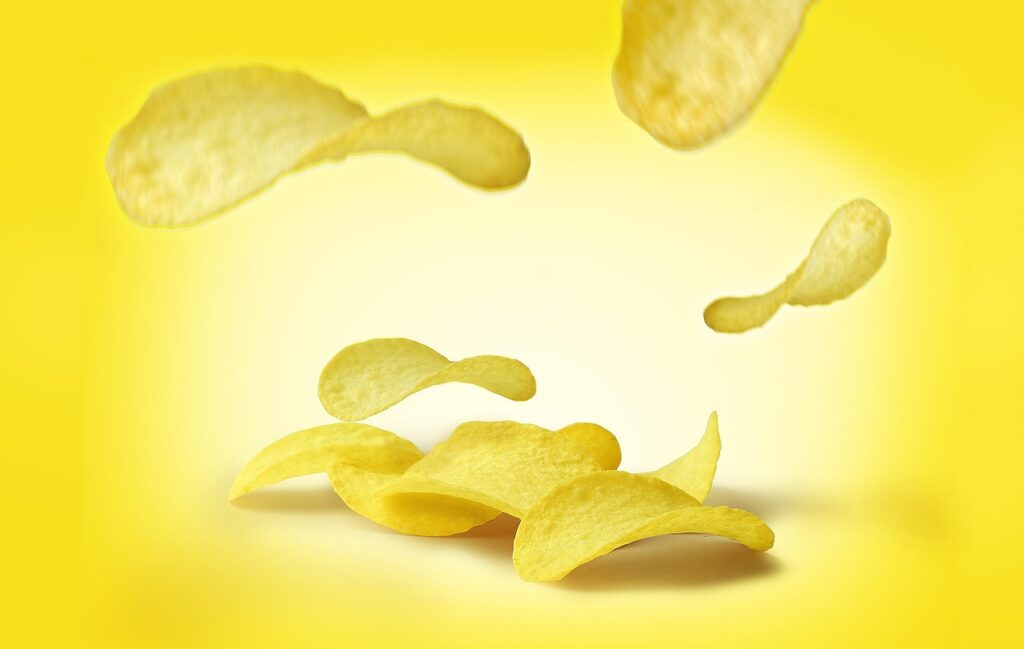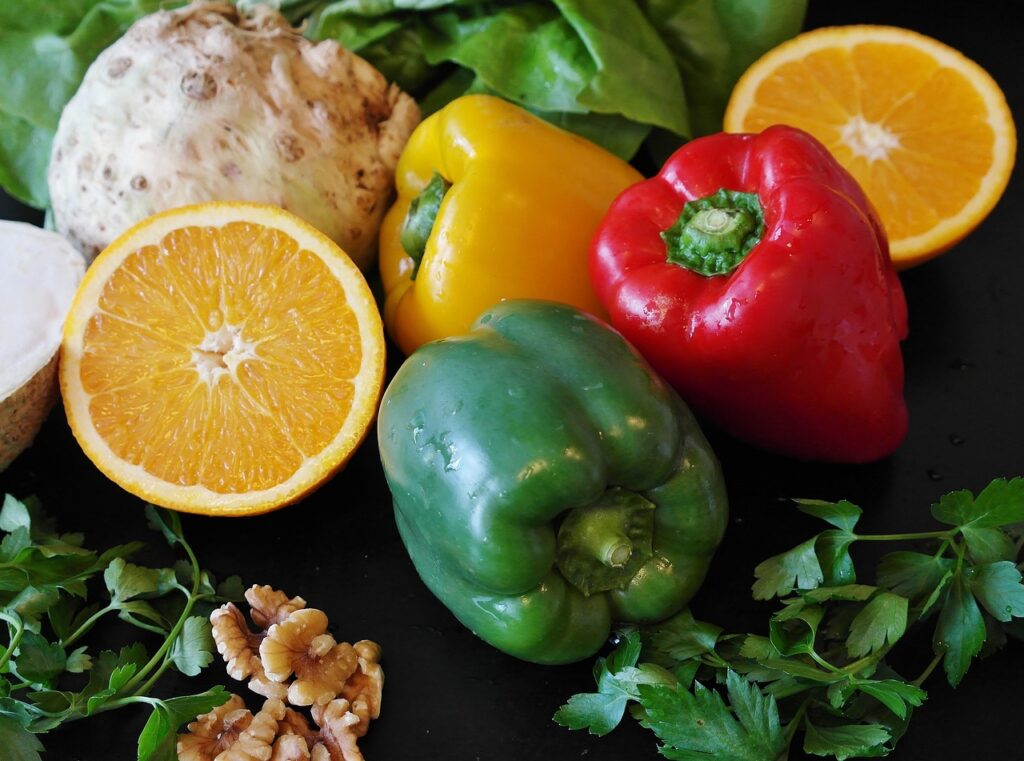What Counts as “Processed”—and Why It Matters
From microwave meals to packaged snacks, processed foods are everywhere. But while they may be convenient, there’s growing concern that these products are doing more than filling our pantries—they may be quietly fueling the rising rates of type 2 diabetes around the world.
When experts talk about “processed foods,” they’re often referring to ultra-processed foods—products made with ingredients that you wouldn’t find in a typical home kitchen, like emulsifiers, flavor enhancers, industrial oils, and artificial sweeteners. Think: boxed pastries, sugary cereals, soda, frozen pizza, and fast food.
These foods are engineered to be tasty, shelf-stable, and hyper-convenient. But that same formula may be working against our health.
How Processed Foods Affect Your Metabolism
Ultra-processed foods aren’t just lacking in nutrients—they actively disrupt how your body regulates insulin and blood sugar, two key players in diabetes prevention.
Here’s how:
- Low fiber content slows down digestion and leads to blood sugar spikes.
- Added sugars and refined starches increase insulin demand over time, potentially leading to insulin resistance.
- Lack of satiety means you’re more likely to overeat—and gain weight—without realizing it.
- Disrupted gut health: Emerging research shows these foods may negatively impact the microbiome, which plays a role in metabolic health.
According to the Harvard T.H. Chan School of Public Health, people who consume more ultra-processed foods are significantly more likely to develop chronic conditions like obesity, heart disease, and type 2 diabetes.
What the Latest Studies Reveal
A 2023 study published in The BMJ tracked over 100,000 adults for more than a decade. Researchers found that those who ate the most ultra-processed foods had a 50% higher risk of developing type 2 diabetes compared to those who ate the least.
And it’s not just sugar that’s to blame. The study noted that processed meats, artificially sweetened drinks, and packaged snacks—all hallmarks of ultra-processed diets—were independently linked to diabetes risk, even after adjusting for overall calorie intake and weight.
Another study from JAMA Internal Medicine found that replacing just 10% of ultra-processed food intake with minimally processed alternatives—like fruits, vegetables, legumes, or whole grains—could lower diabetes risk significantly.
Smart Swaps for a Healthier Plate
You don’t have to quit all processed foods overnight. The key is knowing which ones to limit—and what to choose instead.
Here are a few easy swaps:
- Instead of sugary breakfast cereal → try plain oatmeal with berries and cinnamon
- Instead of packaged deli meats → choose grilled chicken or tuna
- Instead of chips or crackers → reach for a handful of nuts or roasted chickpeas
- Instead of soda → go for sparkling water with a splash of citrus or a no-added-sugar iced tea
Also, make a habit of checking ingredient labels. The fewer ingredients—and the more you recognize—the better.
And remember, home cooking doesn’t have to be time-consuming. Even a few home-prepped meals each week can help lower your intake of ultra-processed foods and put you back in control.
It’s Not About Perfection—It’s About Progress
You don’t need to follow a perfect diet to protect yourself from diabetes. But making small, consistent changes—like cutting back on ultra-processed foods—can make a big difference. By choosing foods that support your body’s natural ability to regulate blood sugar, you’re investing in long-term health, one bite at a time.
Top Weight Loss Programs

Remedy Meds

Medvi

Hims

ShedRX









